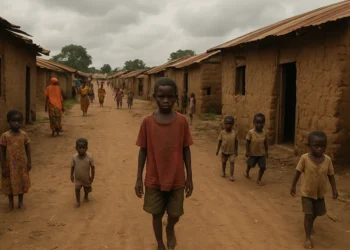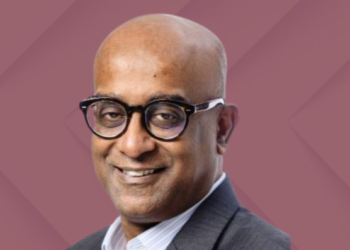The World Bank Group has urged the Federal Government to impose special taxes on alcohol, cigarettes and sugar-sweetened beverages to help fund primary healthcare across the country.
This was made known by the World Bank Group Country Director for Nigeria, Mr Shubham Chaudhuri, at a special National Council on Health meeting organized by the Federal Ministry of Health on Friday in Abuja.
Chaudhuri noted that taxes on tobacco, alcohol, and sugar-sweetened beverages would reduce the health risks associated with their consumption and expand fiscal space for universal health coverage post-Covid-19.
Read: Low tax rate is not an excuse to increase tax – AfDB President, Adesina
What the World Bank Group Country Director for Nigeria is saying
Chaudhuri said, “If we want to improve healthcare in Nigeria, we need to tax the things that are killing us. The economic rationale for taxing these products is strong if we want to save lives and make a better and healthier Nigeria.’’
According to NAN, the country director stated that investing in stronger health systems for all would contribute to tackling rising poverty and inequality.
He added that health tax increases would have the additional advantage of reducing future healthcare costs by curbing the growth of the non-communicable diseases that tobacco, alcohol, and sugar-sweetened beverages cause.
Read: Biden tax opportunity for Nigeria
Speaking at the event, the WHO’s representative in Nigeria, Dr Walter Mulomba, in his goodwill message, highlighted the enormous health needs of Nigerians and efforts made so far in meeting the needs.
He assured of WHO’s technical support for Nigeria in the development and implementation of its home-grown policies and plans in the context of the global health agenda as reflected in the country’s Cooperation Strategy.
Mulomba said, “This we have taken into consideration, even as we currently review our operational plan and budget for the next two years.’’
Mulombo said the duty of achieving the UN Sustainable Development Goals (SDGs) through building resilient health systems, was a collective responsibility requiring incremental steps in the right direction and continuous improvement.
He said, “Tracking implementation of the resolutions of this Council in line with Nigeria’s and global health agenda will strengthen on-going journey towards promoting health, keeping the world safe, and serving the vulnerable.’’
Bottomline
The funding and improvement of the health sector in Nigeria is very critical and the outbreak of the Covid-19 pandemic exposed the level of rot and severe weakness in the sector.
The funding of primary healthcare is a very important determinant of economic development as a healthy population means higher productivity, thus higher income per head.



















